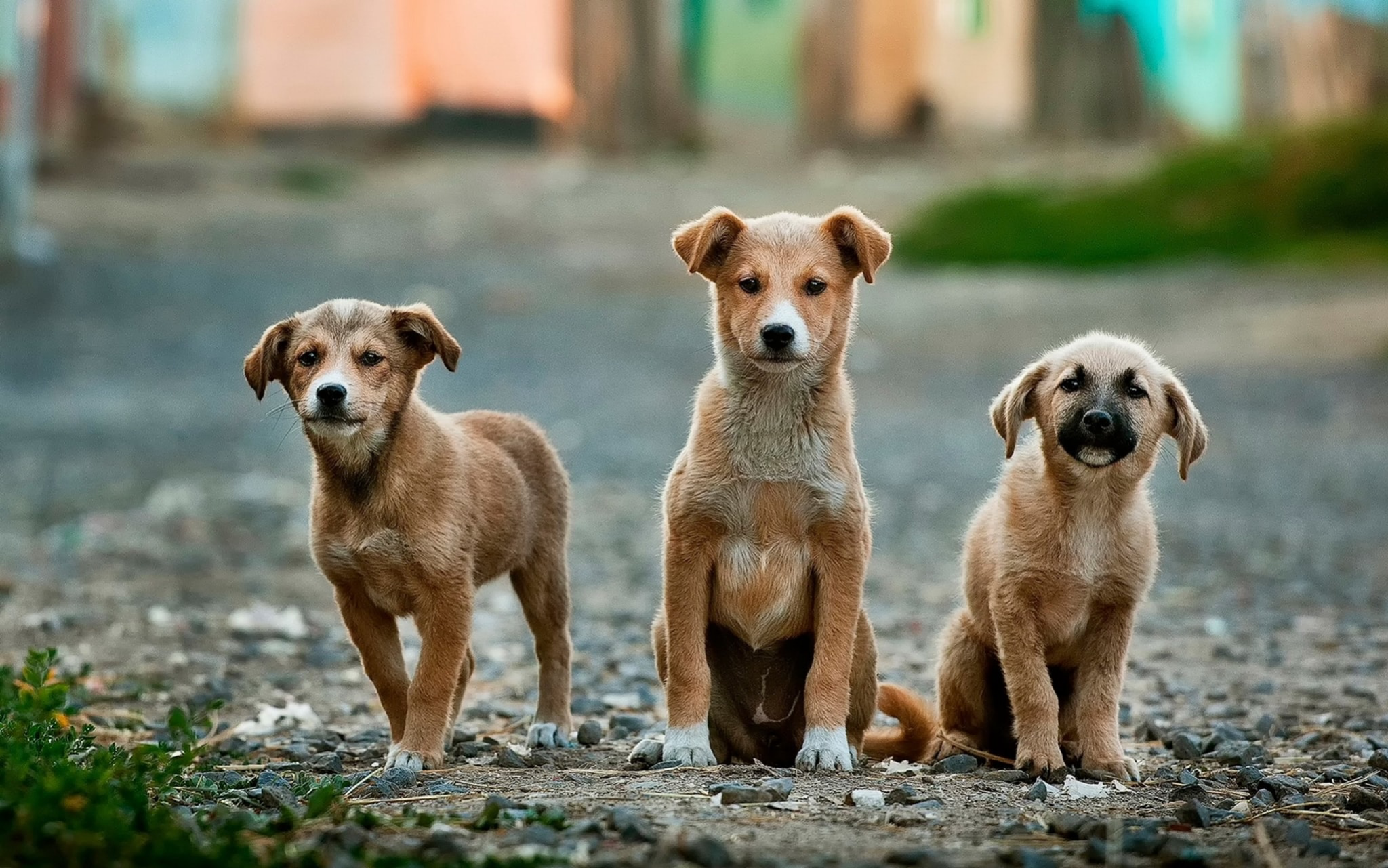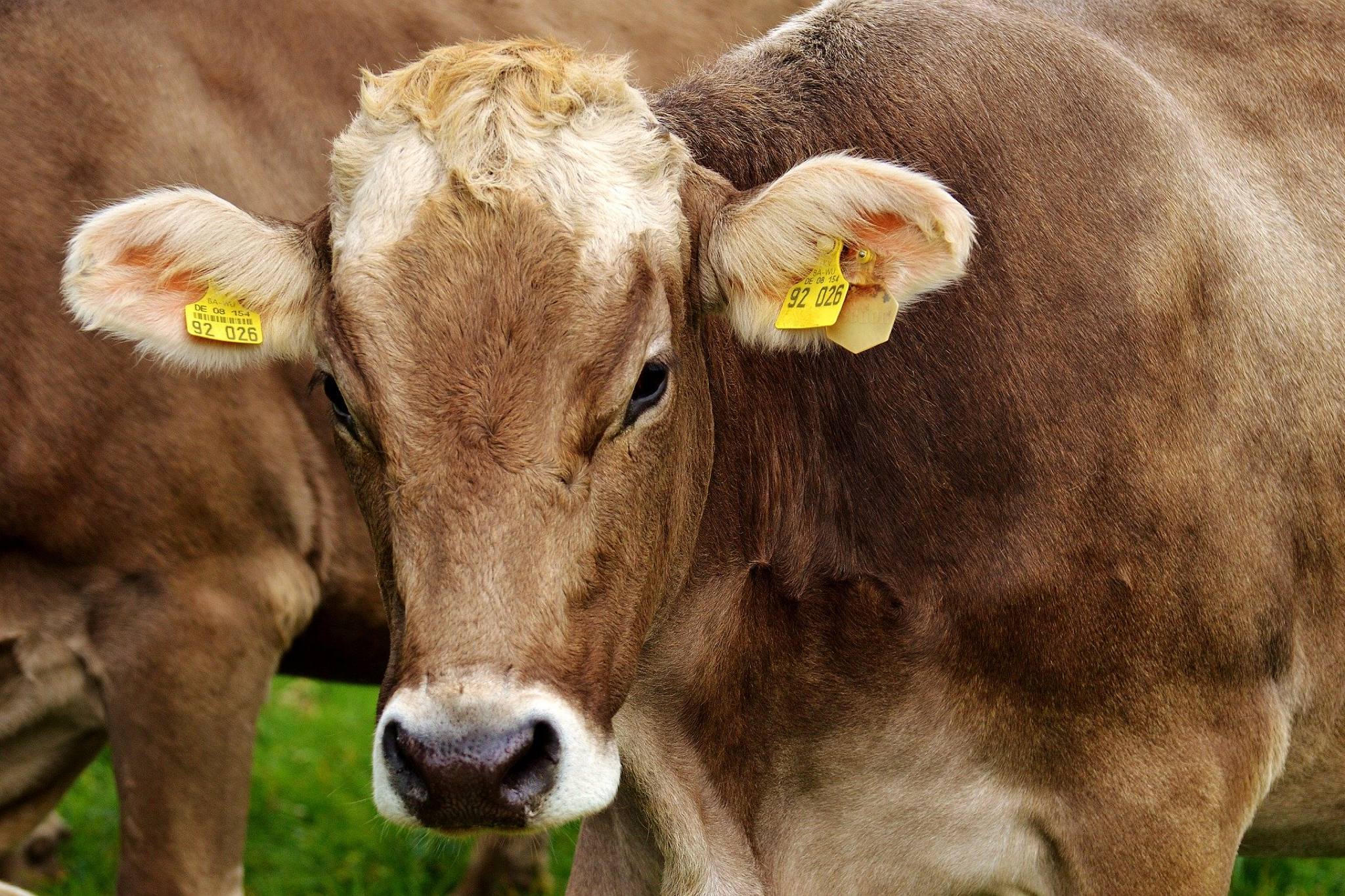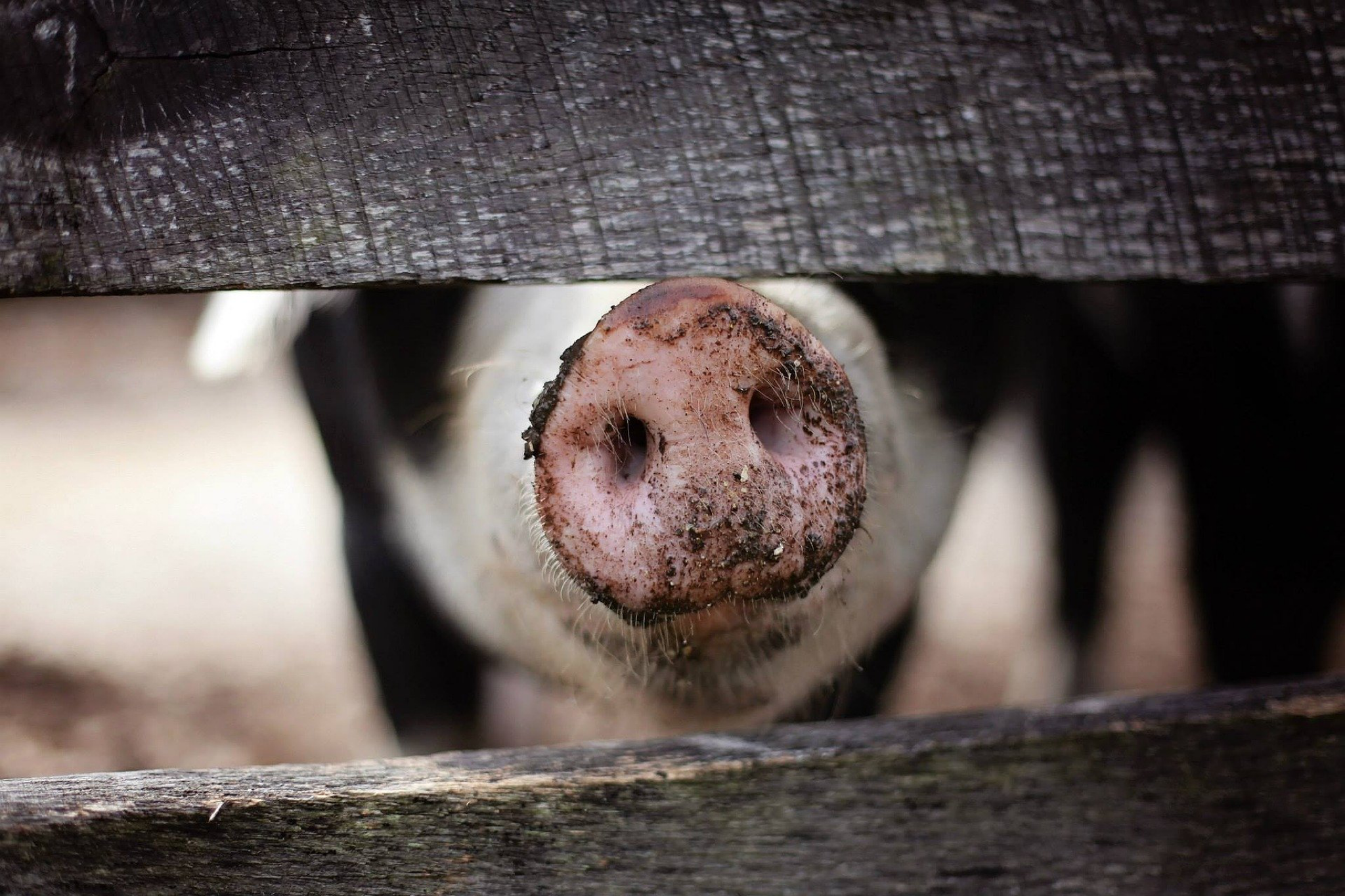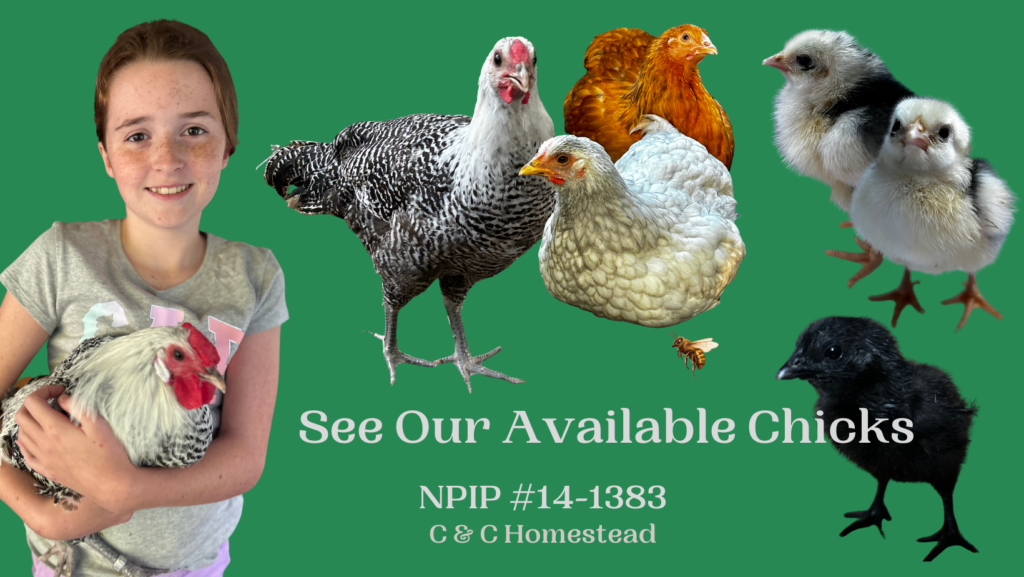Balancing Corporate & Homesteading Lifestyles
Animals Are Property? The Law Sees It That Way. What You Can Do To Help Make A Change.




We share this world with many animals. We are their caretakers, they are our companions. We have the responsibly to ensure the well being of animals in our care. Despite our recognition and "understanding of the intelligence and rich emotional and social lives" of animals, the legal system has not caught up.
Although there has been much progress in the law regarding animals, such as felony provisions for intentionally killing a dog or cat, animals the legal system still defines animals as property. (Did you know that a corporation is classified as a "person" under the law?) When you think of property, what comes to mind? Your house, car, computer ... but MOST people would not include their companion animals in their list of property. Our animals are our companions and family members!




"The core purpose of our system of laws is to protect the vulnerable from exploitation and to ensure fairness. Animals deserve a legal status that reflects the kinds of beings they are — individuals with their own desires and lives, who have the capacity for pain and pleasure, joy and sorrow, fear and contentment." (quote from Animal Legal Defense Fund)
How Can You Help?
Help raise awareness and join the Animal League Defense Fund's “I Am Not Property” campaign by following the steps below.
Print out the “I Am Not Property” sign, write in something that describes your animal buddy, take a photo, and post it on social media with the hashtag #NotProperty. We'd love you to include the hashtag #PawsitivelyWell so we know you heard about through us!
Don’t forget to tag the Animal Legal Defense Fund so they can share your photo with their supporters.
Instagram: @animallegaldefensefund
Facebook: @animallegaldefensefund
Twitter: @aldf
Visit the Animal League Defense Fund (ALDF) for more information on animals and the law.

Support the Animal Legal Defense Fund’s efforts to establish comprehensive legal protections and basic rights for all animals in our society by signing this pledge:




Legislation In Place To Protect Animals
Although classified as property, there are many provisions (varying by state) that are protecting animals:
- Animal cruelty laws: There are laws in place in all 50 states. What constitutes cruelty and the associated penalties are determined by each state and vary.
- Animals as crime victims: Being a victim under the law is different then the legal classification of "crime victim." Learn more about the difference. Animals classified as a crime victim have many more rights than an animal victim of a crime. (One of the many nuances of the law.)
- Basic care laws: These are laws requiring people responsible for animals to provide a basic level of care.
- Anti-tethering laws: Almost half the states have these laws, which limit how long animals can be tied or chained outside, especially in extreme weather.
- Hot car laws: About 31 states have laws that criminalize leaving an animal in a vehicle in extreme weather.
- Domestic Violence Protective Orders: Many states now allow animals to be included in domestic violence protective orders. The 2018 Farm Bill includes the PAWS Act, providing federal support for animals affected by domestic violence.
- Evacuations in natural disasters: The PETS Act, (passed in 2006) requires states, cities, and counties to “account for the needs of individuals with household pets and service animals before, during, and following a major disaster or emergency” in order to receive federal funding for their disaster relief plans. More than 30 states have amended their disaster relief plans to account for the needs of companion and service animals.
- Retail pet sale bans: CA (in 2018) and MD (in 2020) are the first states to require pet stores to sell only cats, dogs, and rabbits from animal shelters and rescue groups.
- Laws against the sexual assault of animals: Enacted in all states except Hawaii, New Mexico, West Virginia, and Wyoming.
- Veterinary reporting of animal cruelty: About 17 states require vets to report abuse, other states allow (but not required) reporting of suspected abuse and only Kentucky prohibits vet reporting of suspected cases. What are your state's laws?
- Post-conviction possession bans: These laws prevent a person from having any animal for a determined period of time after conviction of animal cruelty. (About 12 states have no laws providing this protection.)
- Courtroom animal advocate programs (CAAP): These laws allow advocates to provide a voice for animal victims in criminal cruelty cases.
- “Pet custody” laws: Several states have legislation providing guidance to courts for the interests, well-being, and care of companion animals in divorce proceedings.
- Trusts: Most states recognize enforceable trusts for animals providing them the resources necessary for their health and well-being even after their person dies.
- Wild animal performance bans: Some states regulate the use of wild animals in performances.
- Farmed animals:These animals are often under-protected under the law. CA prohibits the most extreme methods of confining farmed animals and bans the sale of products produced in other states using these methods.
- Increased penalties: Some states have laws that allow animal cruelty penalties to be increased for animal crimes, in certain circumstances.



